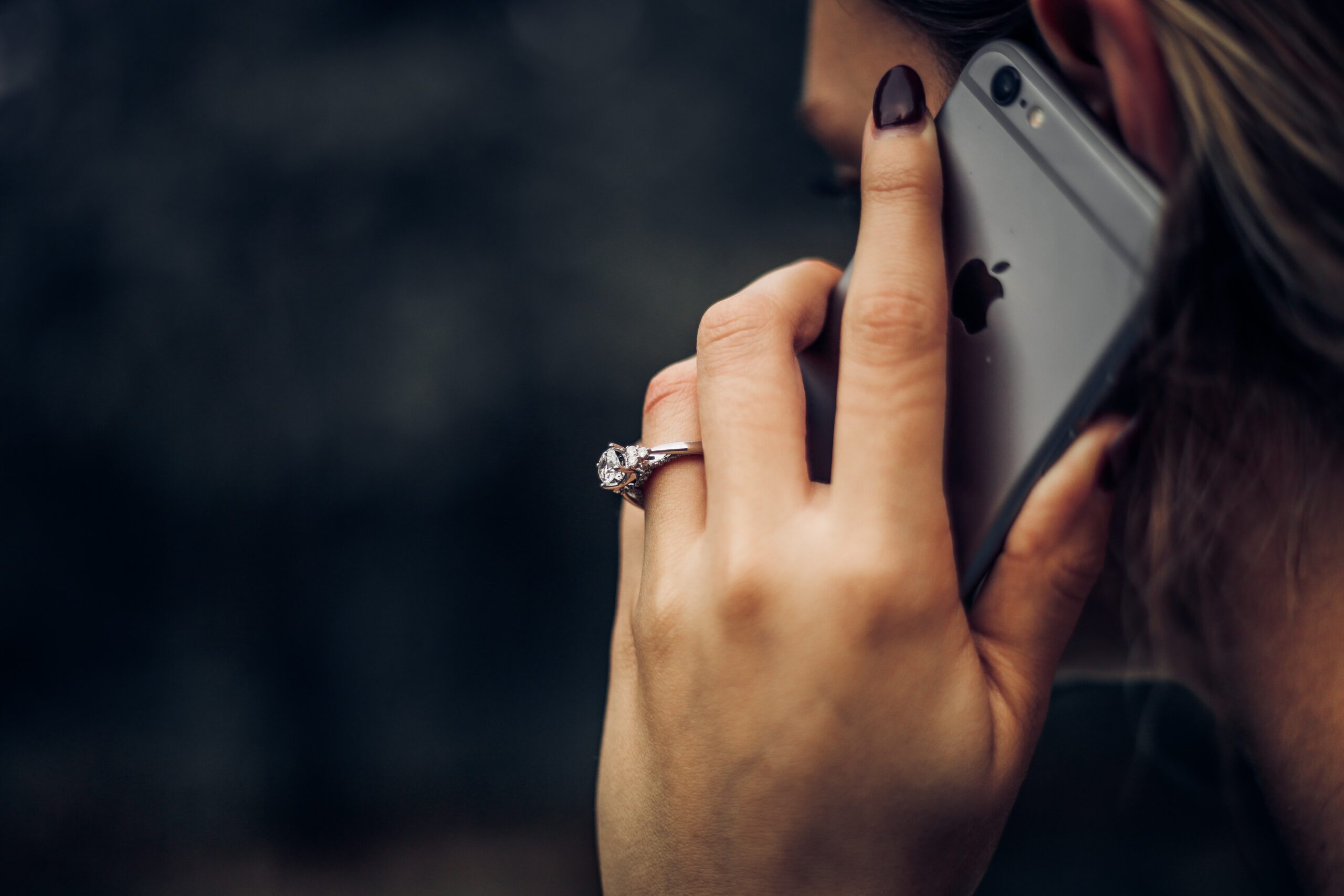Don’t Fall for Spoofing

When you receive a phone call, caller ID is supposed to tell you who’s on the other end. And yet, it can’t be trusted: While the caller might be based in the location they’re calling from, or might be the identity that appears on screen, they might also be lying, employing a malicious tactic known as spoofing. Don’t fall for it.
Spoofing is the act of faking caller ID information in order to hide one’s true identity. Rather than have their real phone number and location appear on your caller ID, these bad actors can make whatever information they want to appear.
Think of it this way: You probably are less inclined to pick up the phone when you see an area code or location you don’t recognize. However, if the call appears to be coming from your city, you might assume it’s someone who knows you. That goes double if the number looks like it belongs to an important organization, like the government: If the IRS appears to be calling, one might think to answer. (The IRS does not make phone calls without first trying to contact you by mail.) Bad actors know this, and use spoofing to their advantage.
The FCC has a good video on the basics of spoofing, and what to look out for:
Even worse, some bad actors take spoofing so far, you’ll never know it’s a scam until you pick up the phone. They might replace the name entirely with a trusted source, like Apple Support, then attempt to pry sensitive information from you, or spoof the name of a family member: If you see your son calling, for example, and the voice on the other end says they need money, the goal is for you to give it to them.
As sad as the situation is, we all need to be vigilant when answering the phone these days. Never answer phone calls from unknown numbers: Allow the machine to get it and review the recording. Don’t answer questions from strange callers, either with your voice or with the keypad. Do not offer personal or private information, especially financial. If you’re unsure whether the caller is legitimate, hang up and contact the organization directly.
Share This



